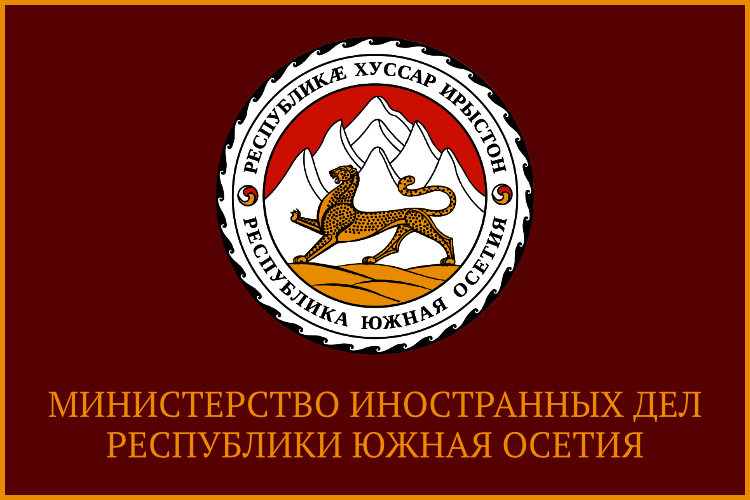Georgian delegation has prepared and officially introduced to the secretariat resolution project of 65 session of the UN General Assembly “Situation of internally displaced persons from Abkhazia, Georgia and Tskhinvali region/South Ossetia, Georgia”. Text of the resolution project is similar to the previous year document. It is talked of refugees – ethnical Georgians, displaced in the consequence of attack of Georgian troops on South Ossetia in August 2008.
Unfortunately, there is a unilateral approach in submitted to General Assembly secretariat Georgian project that has little common with actual situation and preoccupation with refugees fate. Between the lines of Georgian project resolution of situation with refugees and IDPs one can see only the tendency to enforce pretensions of Georgia to the sovereignty of Georgia towards the territories of South Ossetia and Abkhazia. Refraining from concluding an agreement of non-use of force Georgia is trying use the issue of refugees and IDPs as a means of political pressure.
Reality dramatically differs from the inflicted by Georgian project resolution point of view. The bulk of ethnical Georgians left the territory of South Ossetia several days before the invasion of Georgian troops. Total number of Georgians that left the territory of South Ossetia in August 2008 was approximately about 5000 people. The same time more than 36 thousands of Ossetian refugees were forced to escape bombardments and cruelty of Georgian troops. Part of them dares no to return to South Ossetia till now, and a lot of returnees found themselves at the smoking ruins of their houses destroyed by the enemy artillery, missiles and aircraft. It was already a third wave of Ossetian refugees for the last two decades.
In 1990-1992 from Georgia and South Ossetia escaped for different reasons more than one hundred thousands of Ossetians running away from ethnical cleansings. Most of these people found asylum in Russian Federation and part of them were sheltered as refugees and IDPs at the territory of South Ossetia. Vast majority of them are still displaced. One more exodus from South Ossetia to the territory of Russia pertains to Georgia’s invasion in summer 2004.
Until now at the territory of the Republic of North Ossetia, Russia, are living dozens of thousands descendants of Ossetian refugees from South Ossetia who in June 1920 managed to survive in bloody slaughter, initiated by the troops of Georgian Democratic Republic by order of their government. A total number of Ossetian refugees and their descendants already exceed the population of South Ossetia.
Repetitive attacks of Georgia on South Ossetia, massacres and ethnical cleansings in point of Ossetians periodically arranged by Georgian authorities, became a consequence of impunity of Georgian leaders and executors of these cruel crimes.
Ossetian refugees of 1989-1992 are displaced already for 20 years. Several families returned to Georgia but were forced to return to North Ossetia. Presently no Ossetian family returns to Georgia first of all due to the lack of security. In Georgian courts practically no Ossetian can gain a suit on lost property.
Practically not functioning Law of Georgia «Of property restitution and rehabilitation of victims of Georgian-Ossetian conflict», although adoption and implementation of this law is a commitment of Georgia towards Council of Europe.
On the contrary, in South Ossetia stems from the commonly accepted humanitarian approach to the problem of refugees considering several different options including return, resettlement or the integration. The Government of South Ossetia intends to apply equally such an approach both to Ossetian and Georgian refugees. South Ossetia is prepared to consider different ways of cooperation with appropriate international organizations, forwarding on a step-by-step bases in creation of conditions for dignified, voluntary and safe return of refugees. The rights of ethnical minorities are respected in the state, including Georgian population, is functioning educational institutions using Georgian language. All the citizens enjoy rights and freedoms irrespective of ethnicity, race or religion.
Aspiring to facilitate the process of repatriation the leadership of South Ossetia came out with initiative to support return of both Ossetian and Georgian population to Leningor district, although Georgian authorities doing everything possible to hinder the return. It becomes more and clearer that Georgian regime is not interested in improvement of conditions of refugees end their return. Nonetheless, South Ossetia is ready to continue discussing of refugees issues with all parties concern achieving step-by-step solution of painful problems.
Tskhinval, June 27, 2011
